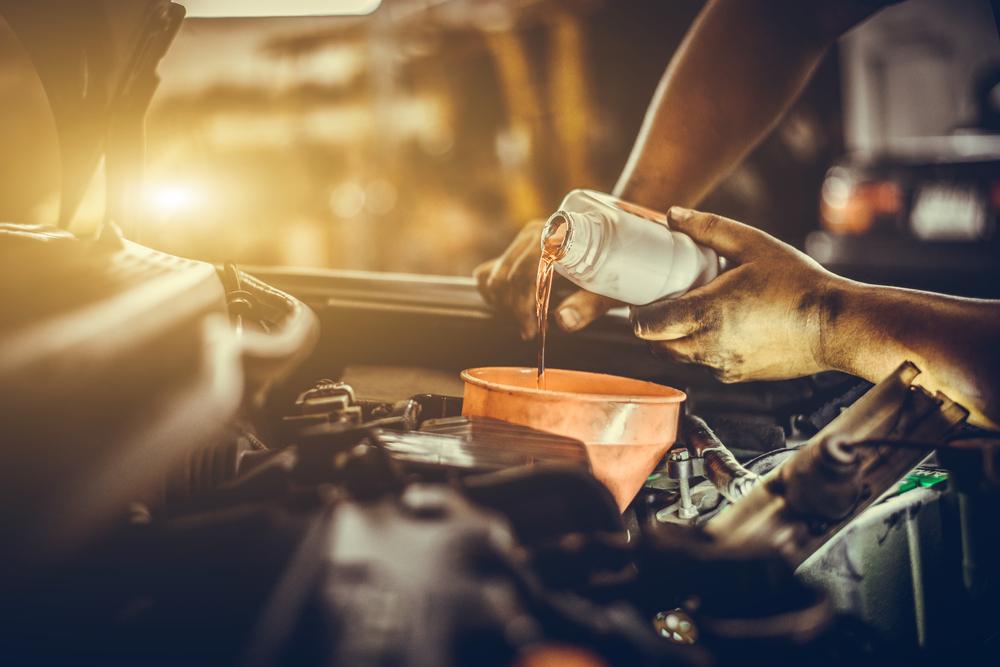4 Things that Void a Car Warranty
If you read the fine print on your automobile warranty, you’ll notice that there are a ton of exclusions as well as regularly scheduled maintenance that you must adhere to in order for the car manufacturer to honor the warranty should a service repair be needed on your car. Otherwise, the manufacturer can void all or part of your warranty. An automobile warranty is basically an agreement between the automaker and you, the consumer. Even if you buy your car and warranty at a dealership, the dealer is essentially filling out the paperwork that brokers an agreement between you and the auto manufacturer.

Here are four common reasons why your car’s warranty can be voided…
1. Customizations and modifications
Before you put that turbo booster on your new car’s engine, keep in mind that any performance modifications, including installed “chips” or lifts to your suspension, done to the vehicle that changes the drivability may void the warranty. For instance, if the carmaker can prove that the modifications made was due to your non-manufacturer installations, they can void warranty service on your engine or refuse to fix the suspension or frame of your vehicle if damage is sustained. Aftermarket tires and wheels are also a no-no and will void many warranties.
2. Performance fluids
The oil and other performance lubricants you use to service your vehicle and keep it running smoothly can also make or break your car’s warranty. For instance, many car manufacturers specify the grade and types of fluids, as well as a provide a regular maintenance schedule, you must use to service your vehicle. So if you take your car to be serviced at your own garage, or if you opt to change your own oil, be sure to make sure the fluids you’re using adhere to your warranty agreement.
3. Usage
Yes, before you use your brand new car to haul large building supplies, it’s best to consult the auto warranty. Car warranties often include an overload clause that voids your warranty if you attach a trailer or haul more than the maximum described load. Vehicles used for towing will often have safety precautions built in to prevent overheating, such as increased suspension, transmission oil cooling, stronger brakes, etc. If not, the engine could overheat the transmission or the brakes, suspension, or frame could become damaged, voiding your warranty.
4. Keep proof of maintenance
Lastly, a dealer can dispute regular service in order to void your warranty. This means you should adhere to the regular maintenance schedule and keep all of your receipts to prove that maintenance was completed. This is especially important if you have work done on your car at garages other than your dealership.

